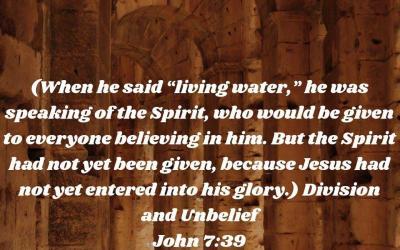Verse: My heart was hot within me, While I was musing the fire burned; Then I spoke with my tongue: Psalm 39:3
How to respond when we are in deep pain? Where else we will go to get answers other than the Bible, Psalm 39 is such a chapter that David wrote when he was in deep pain.
Background: David’s Psalm 39 resonates with anyone who has faced the harsh realities of life. David’s raw honesty and deep introspection remind us of our own struggles. His turning to God in his pain is the principle. Jeduthun (mentioned also in the titles of Psalm 62 and Psalm 77) was one of the musicians appointed by David to lead Israel’s public worship (1 Chronicles 16:41; 25:1-3). It is possible that it was from David’s last few years of life.
David, in an attempt to avoid sin, kept silent even when in pain. However, his anguish was too great, and his heart burned within him until he could no longer remain silent, thereby voicing his concerns. Lessons to apply from the first 4 verses
- Guard Ways: I said, “I will guard my ways That I may not sin with my tongue; Psalm 39:1 – We can give up, can become bitter, angry, and probably question and murmur against God. David said he would guard his ways, pray more, fast more, read the word more, fellowship more, and cry to the Lord more.
- Guard Words: I will guard my mouth as with a muzzle While the wicked are in my presence.” Psalm 39:1 – In pain, we can grumble, speak negative words and the list can go on. Here David’s very first words, I will guard my mouth, do not sin with words, and David says even in the presence of the wicked, surely the wicked would have mocked, questioned still David said in their presence I guarded my mouth
- Guard Actions: I was mute and silent, I refrained even from good, and my sorrow grew worse. Psalm 39:2 – A time of refrain is needed probably even from good, a time alone in isolation with the Lord is needed, like John in Patmos, Elijah at the brook, Joseph in pit list goes on
- Guard Prayer: My heart was hot within me, While I was musing the fire burned; Then I spoke with my tongue: Psalm 39:3 – “Lord, make me to know my end And what is the extent of my days; Let me know how transient I am. Psalm 39:4 – But pour out your pain to the Lord of loving Father, be honest to him, David here is asking Lord show me my end. David pleads to God to remind him of the fleeting nature of life, describing human existence as brief and futile. He compares life to a mere breath, and worldly possessions to shadows, asserting that all human endeavors are ultimately meaningless.





0 Comments